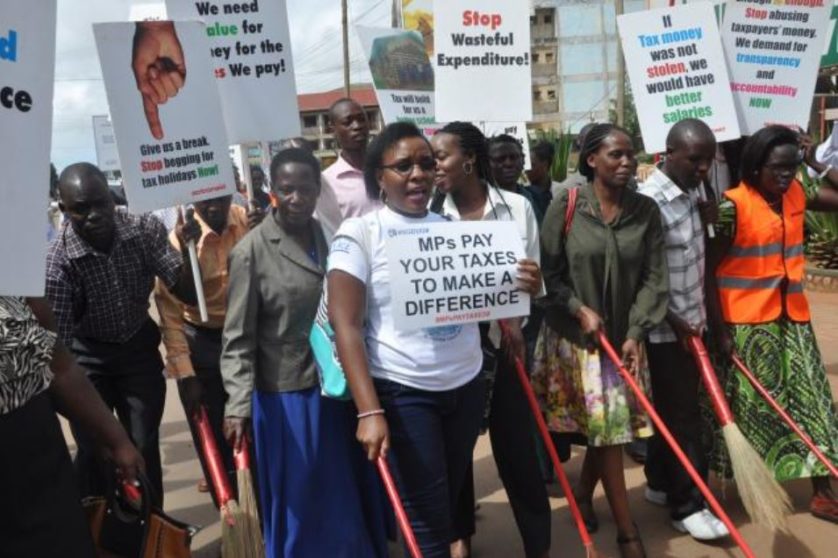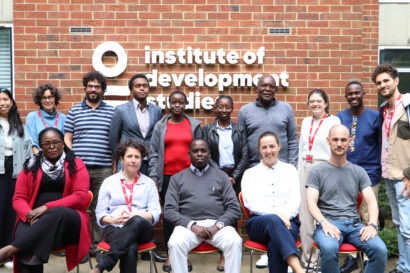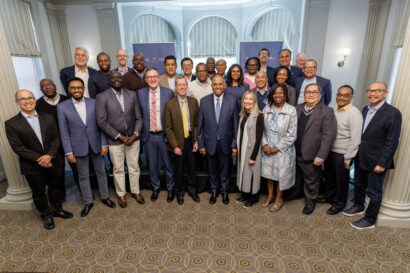The Call for Proposals for research projects on civil society is currently closed. We aim to open a new call in late 2022. For any further questions, partnerships or collaborations, please get in touch with Vanessa van den Boogaard.
Context
Civil society can play an influential role in achieving more equitable taxation—in terms of how revenue is collected and how it is spent—through advocating for fairer and more equitable tax systems and strengthening the ability of taxpayers to hold governments to account. Despite this, significant challenges to effective civil society action exist, and little is known about how civil society can actually help to achieve more equitable taxation in practice.
Scope
The ICTD research programme on tax and civil society aims to deepen knowledge of the strategies and tools that civil society may use in order to support more equitable taxation and to use that knowledge as a platform for advocacy efforts pushing for reform. We particularly encourage research in two interrelated areas:
(1) Advocacy for fairer and more equitable tax systems
Civil society can play an important role in advocating for more equitable tax systems, though little is known about how it can do so effectively, particularly in light of the challenges of political resistance and poor coordination among different actors.
- What advocacy efforts may have the most impact? Where has advocacy been particularly effective? Where has it failed?
- What enables broad coalitions of support for fairer and more equitable taxation?
- How can effective links be made between local, national, and international advocacy groups?
(2) Taxpayer engagement and government accountability and responsiveness
Civil society may further contribute to more equitable taxation by strengthening the ability of taxpayers to hold governments to account—through there are key questions about how it may do so most effectively.
- What strategies are most effective for engaging taxpayers and encouraging governments to respond positively to taxpayer demands? What are the most effective ways of increasing the engagement of smaller taxpayers in policymaking?
- What types of civil society groups can best represent taxpayer interests? How can business associations and other civil society organisations most effectively represent the interests of smaller taxpayers?
- What is the role of taxpayer education and tax literacy in building a culture of tax compliance and accountability? What are the most effective ways of increasing the tax literacy of small taxpayers? How can tax literacy programmes have the greatest impact on taxpayer engagement?
Suggested reading
- van den Boogaard, Vanessa. 2020. “How can civil society help achieve more equitable and accountable tax systems?” ICTD Blog.
- Prichard, Wilson. 2019. “What might an agenda for equitable tax look like?” ICTD Summary Brief 16.
- Prichard, Wilson. 2018. “Improving tax and development outcomes: What next for civil society engagement?” TAI Report.
- Sempere, Kas. 2018. “Tax unrest among market traders: The local side of ActionAid’s international tax justice campaign in Nigeria.” ICTD Working Paper 80.
- Mascagni, Giulia and Fabrizio Santoro. 2018. “What is the role of taxpayer education in Africa?” ICTD African Tax Administration Paper 1.
- Sharp, Samuel, Stephanie Sweet, and Alina Rocha Menocal. 2019. “Civil Society engagement in tax reform. ODI Report.



